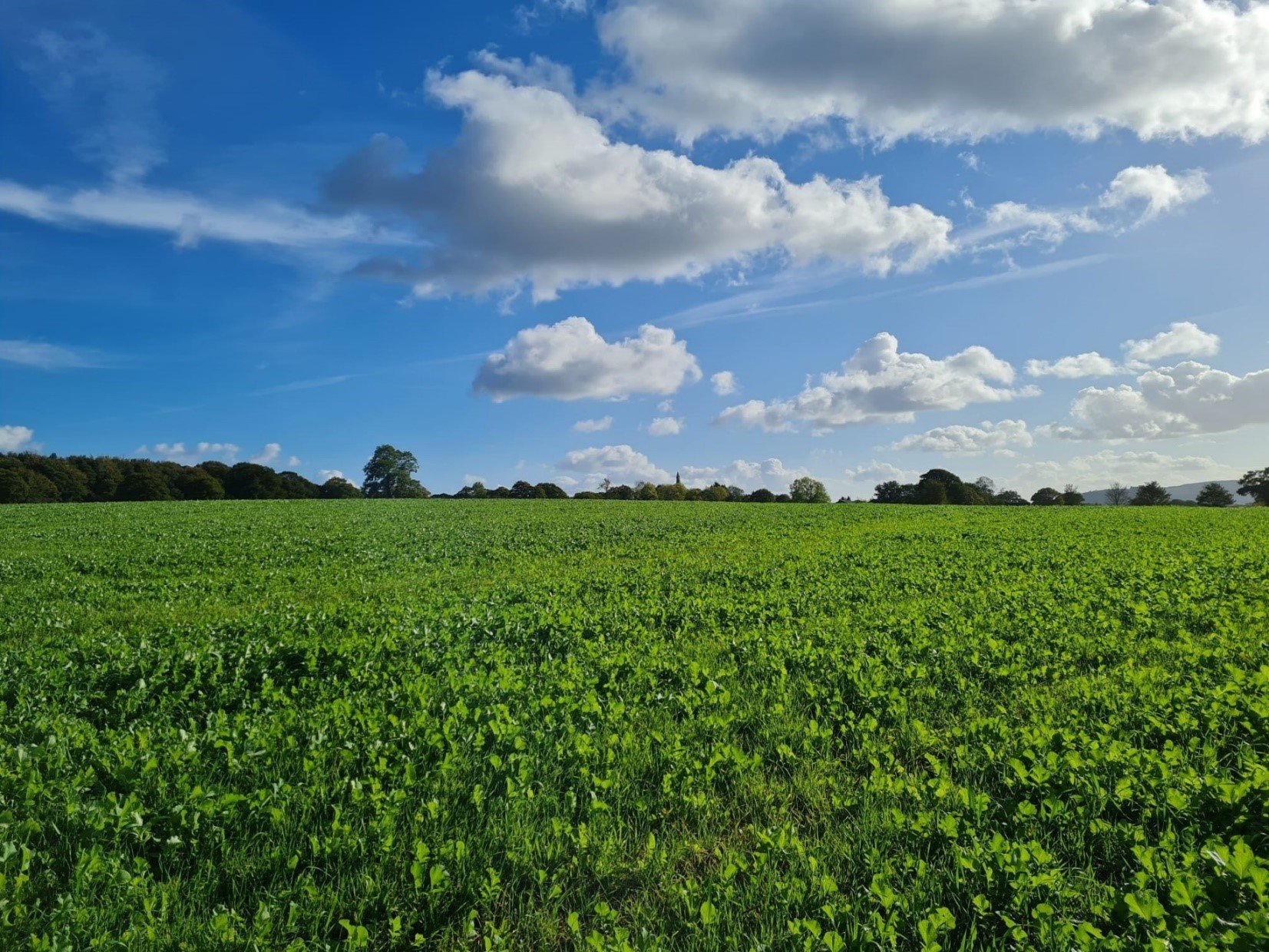Cheshire cover crop trial reduces fertiliser use
 A trial at a Cheshire farm has shown how growing cover crops and carrying out soil analysis can reduce artificial fertiliser use to protect raw water sources.
A trial at a Cheshire farm has shown how growing cover crops and carrying out soil analysis can reduce artificial fertiliser use to protect raw water sources.
The project, in partnership with Compass Agronomy, took place over two years to establish how much captured nitrogen in a cover crop’s biomass could be released for the following spring’s crop.
Having this information means that a more tailored approach to fertiliser use can be used, ultimately protecting raw groundwater sources by reducing nitrate leaching risks.
The trial at Lower House Farm utilised the Soil Mineral Nitrogen (SMN) Plus system by Compass Agronomy.
This estimates how much nitrogen is available in the soil and the amount likely to be mineralised from soil organic matter and incorporated crop residues.
This data can then be used to calculate how much additional nutrients are required from fertiliser, so farmers do not have the expense of over-using products which would only go unused by the crops and leach out of the soil.
Tanis Slattery-Penfold, Catchment Advisor at United Utilities, explained: “Nitrogen leaching from soil into raw groundwater sources can have a significant adverse effect on raw water quality, that’s why we’re working with farmers and land managers across the North West to find practical and cost-effective ways to help them reduce the loss of nutrients while supporting their crops.
“We embarked on this trial with Compass Agronomy and Lower House Farm to showcase how cover crops can help protect our precious raw water resources, and also benefit farmers by improving nutrient management.”